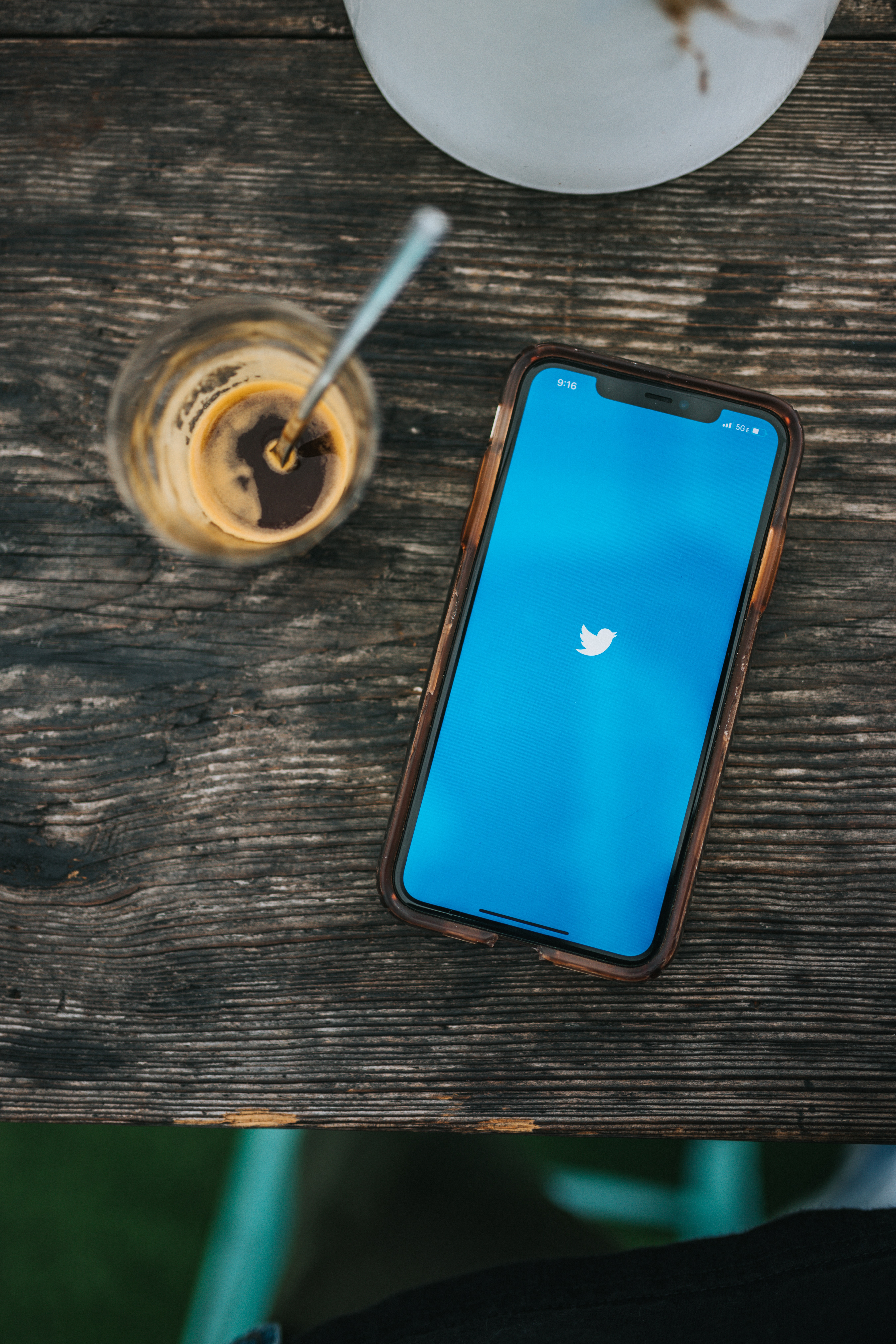Photo by Nathan Dumlao on Unsplash
Twitter's unique format, with a 280-character limit on tweets, encourages users to be concise and creative in their messages. This has given rise to a new form of communication, where ideas and news can be shared quickly and easily with a wide audience. Twitter has become the go-to platform for breaking news, with journalists, politicians, and celebrities using it to share updates and insights in real-time.
But Twitter's impact goes beyond just news and current events. It has become a powerful tool for businesses, marketers, and individuals to connect with their audiences and build their brand. With over 330 million monthly active users, Twitter provides a vast network for businesses to reach their target audience and engage with their customers. Twitter's advertising platform allows businesses to target specific demographics and interests, making it a valuable tool for promoting products and services.
Twitter has also become a hub for social activism and awareness. Hashtags like #MeToo, #BlackLivesMatter, and #TimesUp have become powerful tools for spreading awareness and creating social change. Twitter has given a voice to marginalized communities, allowing them to connect with each other and share their stories with a wider audience.
However, with great power comes great responsibility. Twitter has faced criticism for allowing hate speech, harassment, and misinformation to spread on its platform. The company has taken steps to address these issues, but they remain a challenge for social media platforms in general.
Despite these challenges, Twitter remains a powerful platform for communication, connection, and engagement. It has changed the way we communicate and engage with the world around us, and its impact will continue to be felt for years to come. As Twitter continues to evolve and adapt to new challenges, it will remain a vital tool for businesses, activists, and individuals to connect with each other and the world around them.

No comments:
Post a Comment